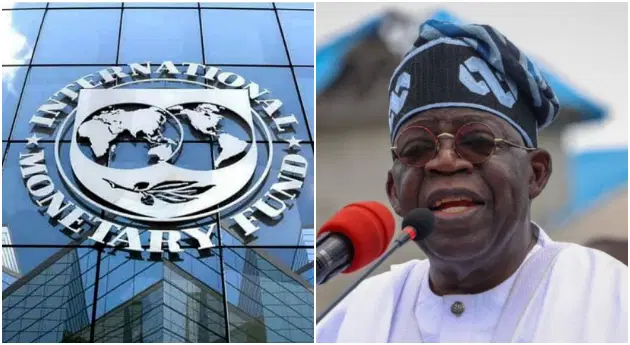At the 2025 IMF and World Bank Annual Meetings in Washington D.C., Nigeria’s economic reforms earned commendation, though concerns over fiscal fragility, debt, and oil-sector vulnerabilities underscored the need for sustained discipline.

The IMF raised Nigeria’s 2025 growth forecast to 3.9% from 3.4%, citing improved oil production, stronger fundamentals, and rising investor confidence since mid-2023 reforms, including exchange rate unification and subsidy removal. However, the Fund warned that rising debt costs and fiscal deficits, projected to increase from 2.9% of GDP in 2025 to 3.7% in 2026, could jeopardize progress without better revenue mobilization and spending efficiency.

CBN Governor Olayemi Cardoso emphasized Nigeria’s commitment to sustaining reforms, noting a decline in inflation to 18.02% in September 2025, a stabilized naira, and foreign reserves exceeding $43 billion. He highlighted a trade surplus of 6% of GDP, driven by export diversification, and plans to enhance financial resilience through bank recapitalization and fintech collaboration.
The IMF’s Abebe Selassie praised Nigeria’s progress but urged consistent policies and transparent debt management. Kristalina Georgieva supported efforts to curb illicit financial flows, emphasizing digital tools to enhance transparency. Minister Uzoka-Anite reaffirmed commitments to job creation and inclusive growth through investments in agriculture and digital economies.

Tony Elumelu, at an AI panel, called for leveraging digital technologies to boost Africa’s productivity, stressing equitable access to avoid deepening inequality. Nigeria’s delegation conveyed a message of resilience and credibility, with the IMF noting that sustained reforms are critical for translating progress into jobs and prosperity.




